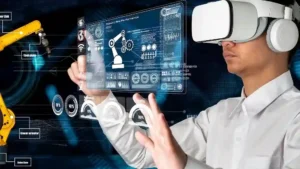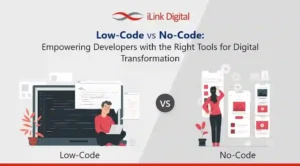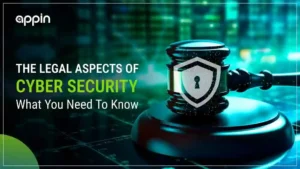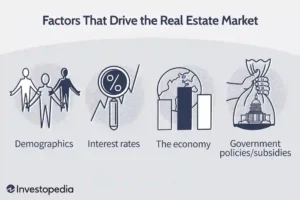The Future of Tech: Innovations That Will Shape Tomorrow’s World
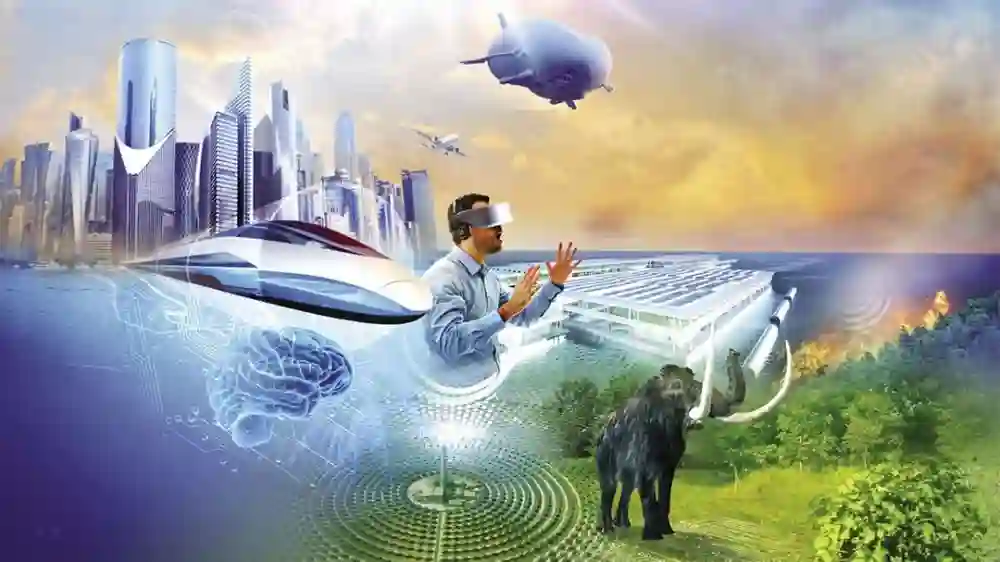
The future of tech isn’t some vague sci-fi fantasy anymore—it’s happening right now, and it’s moving faster than I can keep up with. Not long ago, I was still getting used to voice assistants reminding me of my dentist appointment (thanks, Alexa), but now we’re talking about AI making life-or-death decisions in hospitals and quantum computers that could break the unbreakable. It’s a lot to process, and honestly, I’m a little overwhelmed. But hey, that’s the future for you. You better buckle up, because things are about to get wilder than a squirrel on a sugar rush.
So, let’s dive into what really matters here—what the future of tech has in store for us. Spoiler alert: It’s not just cool gadgets; it’s transformative stuff that’ll touch everything from your commute to your healthcare.
Artificial Intelligence: The Brain of Tomorrow
If I had a nickel for every time I’ve heard someone say, “AI is the future,” I’d be rich enough to buy all the tech toys I can’t afford. But seriously, AI isn’t just a buzzword anymore. It’s already kicking down doors, transforming industries, and giving us the tools to solve problems we once thought were impossible.
I remember the first time I used an AI-powered chatbot for customer service. The thing answered my questions so well, I almost thought it was a human (except, you know, no small talk about the weather). Fast forward a few years, and AI is predicted to revolutionize everything from healthcare to education.
In hospitals, for example, AI could become the ultimate diagnostic tool. We’re talking algorithms that analyze scans faster than any human doctor could—and potentially even spot things that would have slipped through the cracks. The way I see it? It’s like having a super-sleuth brain in your pocket (if your pocket were a supercomputer, of course).
Then there’s education. Imagine AI helping students learn at their own pace, making customized learning plans based on their individual strengths and weaknesses. It’s kinda like the magic of private tutoring—without needing to hire anyone. But, here’s the kicker: It’s still gonna be tough to convince teachers to let AI take over their classrooms. Baby steps.
Future of tech, indeed.
Quantum Computing: Unlocking New Realms of Possibility
I’ll be honest—when I first heard about quantum computing, my brain kind of exploded. You’re telling me that computers could be a billion times faster? I could barely grasp that concept, but I wanted to learn more. Now, it’s becoming clear that quantum computing could rewrite the entire rulebook for what tech is capable of.
For instance, when I think about quantum computers solving problems that would’ve taken us decades (or centuries) to figure out, I’m equal parts excited and terrified. Like, if these machines can simulate how proteins fold in real time, we could find cures for diseases that have stumped scientists for decades. It’s mind-boggling.
But there’s more. Quantum computers could disrupt entire industries—like cybersecurity. The encryption methods we use today? Quantum computers could break them down in seconds. Yeah, let that sink in. We’re talking about a whole new level of security. But at the same time, it’s a bit like trusting your personal info with someone who has the keys to the kingdom and a serious case of wanderlust.
I guess that’s progress for ya.
5G and Beyond: The Network of the Future
Okay, full disclosure: When I first heard about 5G, I thought it was just another marketing gimmick—like “low-fat” cheese that still tastes exactly like cardboard. But after reading up on it, I get why people are freaking out. It’s not just about downloading Netflix shows in 3 seconds (though I’m really here for that).
5G means lightning-fast internet speeds, and we’re talking about speeds that are orders of magnitude faster than the wifi I’m currently rocking at home. It’s the difference between dial-up internet (remember that?!) and zipping around in a Ferrari. It’s also about reliability. No more buffering while you’re in the middle of your third re-watch of The Office.
But the real magic? How this network will connect everything. Think self-driving cars, smart homes, and even entire cities—all talking to each other in real time. Imagine your car getting traffic updates before you hit the road, or your smart fridge telling you when your milk’s about to expire (as if it even cares).
It’s gonna be like living in a sci-fi movie, but with better service.
Biotechnology: Merging Tech and Biology
Here’s where it gets even weirder (and honestly, way cooler). The future of tech isn’t just about computers and robots—it’s about merging biology with technology. And no, I’m not talking about creating a super-soldier army (yet). I’m talking about cutting-edge biotech that could revolutionize medicine, food, and even our relationship with the environment.
Take CRISPR, for example. This gene-editing tool is like the copy-paste function for DNA. It sounds like science fiction, but it’s already being used to cure genetic disorders. I mean, imagine if we could edit out diseases like sickle cell anemia or cystic fibrosis. It’s a game-changer.
Then there’s lab-grown meat, which, let’s be real, sounds like something from a mad scientist’s kitchen. But lab-grown beef might be the answer to solving global hunger and cutting down on the environmental mess caused by traditional farming. Now, I’m not saying I’m ready to chow down on a fake steak, but I am intrigued.
It’s like real science fiction coming to life. And no, I didn’t just watch a TED Talk on this. I read a whole article. No big deal.
Augmented and Virtual Reality: The New Frontiers of Interaction
Remember the first time you put on a pair of VR goggles? I do. I was in some random game store, and the guy handed me a headset. I took one look and thought, “This can’t be that cool.” Boy, was I wrong. The moment I stepped into that virtual world, it was like the real world no longer mattered. I was in a spaceship, battling aliens like I’d been doing it for years.
And that’s just the beginning. Future of tech is all about getting us to interact with the world—and each other—in ways we never thought possible. With AR and VR, our workplaces could turn into virtual offices where we interact with colleagues as holograms. No more Zoom fatigue (hopefully). No more “unmute yourself” moments.
I can already see it now: AR glasses telling me which street to walk down and what I should eat for lunch. It’s like having a personal assistant who’s constantly trying to make me better—even if that means reminding me I need to drink water (ugh).
Blockchain: Redefining Trust and Security
I remember when blockchain seemed like the wild, anarchic cousin of cryptocurrencies. “Oh, it’s just Bitcoin, right?” I thought. “Who needs that?” Well, turns out, blockchain is much bigger than a few digital coins. It’s the tech behind them, and it’s about to redefine everything we know about data security.
I’m talking about an unbreakable, decentralized way to store information that could, in theory, prevent everything from election fraud to bank hacking. Imagine having a transaction that’s 100% verified and cannot be altered. It’s like having an incorruptible ledger that’s open for everyone to see but can never be changed.
And I’ll admit, when I first read about it, I had to pause. “Wait, what?” But the potential is so huge, it’s hard to ignore. Sure, we’re still in the “let’s see how this plays out” stage, but blockchain could change everything—trust, transparency, and security.
My advice? Keep an eye on this one.
Conclusion: Embracing the Future of Tech
If there’s one thing I’ve learned from the rollercoaster of tech evolution, it’s this: The future of tech is arriving faster than a cat on espresso. We’re standing on the brink of massive shifts that will redefine everything—how we work, how we live, how we relate to each other, and even how we stay healthy. So, yeah, it’s an exciting, terrifying time to be alive.

